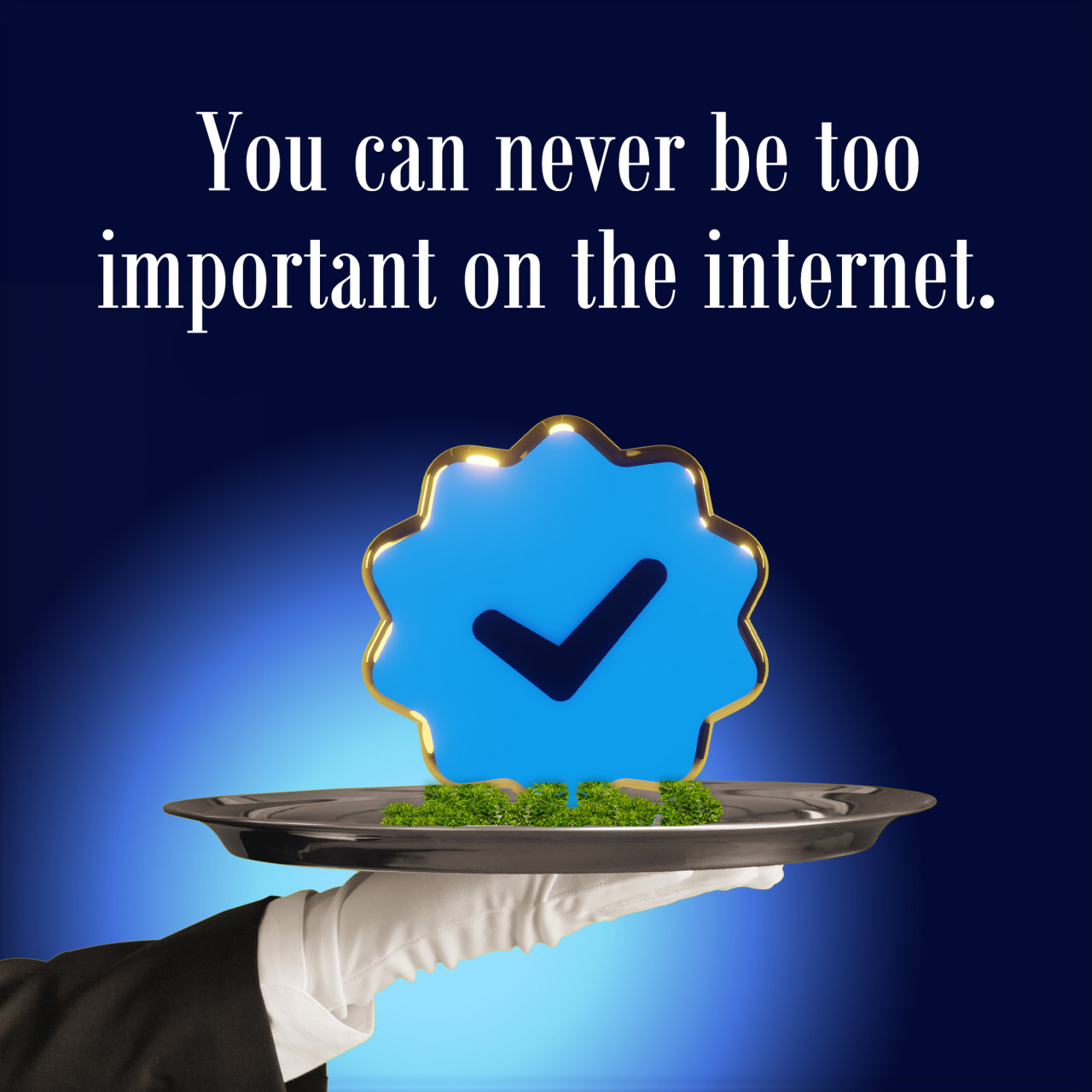It is true that a pen is mightier than a sword. Words and images communicate messages that have the power to influence us. To create media content is to exercise one’s power. The rise of social media platforms has led to a democratization of media creation. Our cultural zeitgeist has never seen as many creators of information. Cultural and political discourses have never heard as many voices stating their views at the same time. Just like the creators behind traditional media, the creators you see on social media have their personal biases and motivations. Even if the creators’ content seems objective and even if they themselves see their intentions as pure, they still communicate and create from a specific context and speak from their own point of view. Every video, text, and picture has a chance to influence you. Every photographer, writer, and speaker has a chance to influence you.
Media literacy is dead is a phrase that can be spotted all over the internet, especially as a response to content or a comment made by some social media user. Media literacy has never been as topical as it currently is. We have never consumed as much media on average in our daily lives as we do now. The easiest response to a complicated, or in many cases even a very simple, topic while doomscrolling is to stay numb. The way social media platforms have been designed is inherently tiring. There is a reason why the term doomscrolling includes the word doom. A tired mind does not want to think critically, check the sources, find other possible opinions, or create an opinion of its own. It is easiest to become a sponge to whatever opinion is presented, quite often even as an objective fact.
My theory is that the current decline of media literacy walks hand in hand with the rising culture of hate. People seem to purposefully misinterpret information to find a reason for hate. Anonymity allows people to say their innermost thoughts. However, it seems as if some of these thoughts did not even exist initially, they were created merely for the sake of hating. Everything is hated now. Whatever content is uploaded online, it will most likely receive a massive wave of hate comments. Due to the anonymity that it provides, the internet has been a somewhat hateful space since its creation. Yet, it has only been recently that purposeful misinterpretation has been utilized to this extent. What seems like poor media literacy might in many cases actually be twisted media literacy.
With my last blog post, I want to remind myself and all my fellow students to always ask questions. In university, we are taught how to approach academic texts critically. I want all of us to start doing the same with social media content. The same questions apply to both cases. Who created this? Where was it published? How does the author prove their claims? No piece of media is perfect, but some of them are at least reliable.



While reading your blog “divide and conquer” strategy of governments to uphold their power. Let me explain why. Social media has definitely “democratisized” who, when and what can be shared, which is (at least partly) a good thing. However, the media is still controlled by couple higher ups people who can basically decide all the guidelines that social media employ. And because they are decided by humans there is always a slight bit that is going to be prejudiced. This is where I start thinking about “divide and conquer” tactic. Basically everyone can share anything they want and comment anything they want, therefore we get thousands of opinions and thousands of divisions. Instead of uniting people are getting divided. They want to see content according to their interests and opinions and if something different slips in – they attack it. So, in the end, we are left to just fight on the internet while higher ups are watching it like a theatre performance.
Thank you, Helmi, for bringing attention to such an important topic that affects all of us! I’d like to add to your theory about the rise of hate in the digital space. I believe this increase is partly because it’s easier to express negative emotions and frustrations online, often stemming from personal issues. Since there’s no face-to-face interaction and we don’t have to deal with real people, it feels safer to confront, share opinions, and vent emotions. The anonymity of the internet adds another layer of danger. Additionally, I think we all feel entitled to express our opinions online, as some platforms even encourage it. This environment can lead people to believe they can comment on anything, often with a critical or superiority complex, feeling “smarter” than others.
I guess schools teach media literacy, but it’s not students who engage most in hateful interactions online. As for the general population, media outlets themselves could play a role in teaching media literacy, for example, establish permanant positions in program to teach older generations media literacy, but that sounds too good to be true.
The Wikipedia definition of doomscrolling explains that we doomscroll out of fear—wanting to stay informed and prepared for impending danger. This fear drives us to consume more anxiety-inducing content, amplified by recommendation algorithms, creating a vicious cycle. On top of that, confirmation bias reinforces our initial opinions, making us even more closed-minded. Thankfully, the online world isn’t the only one available to us and we can make choices to engage or not.